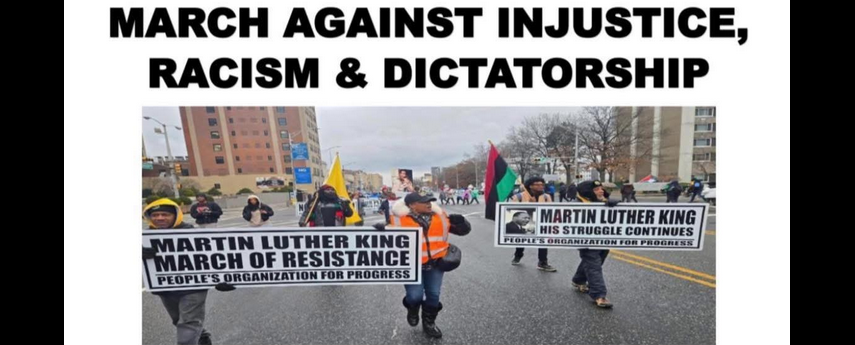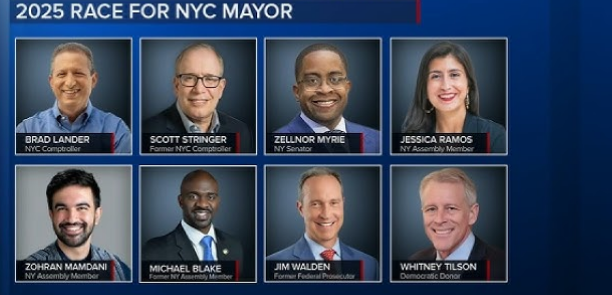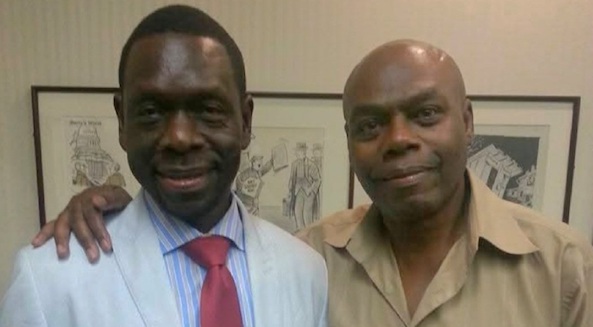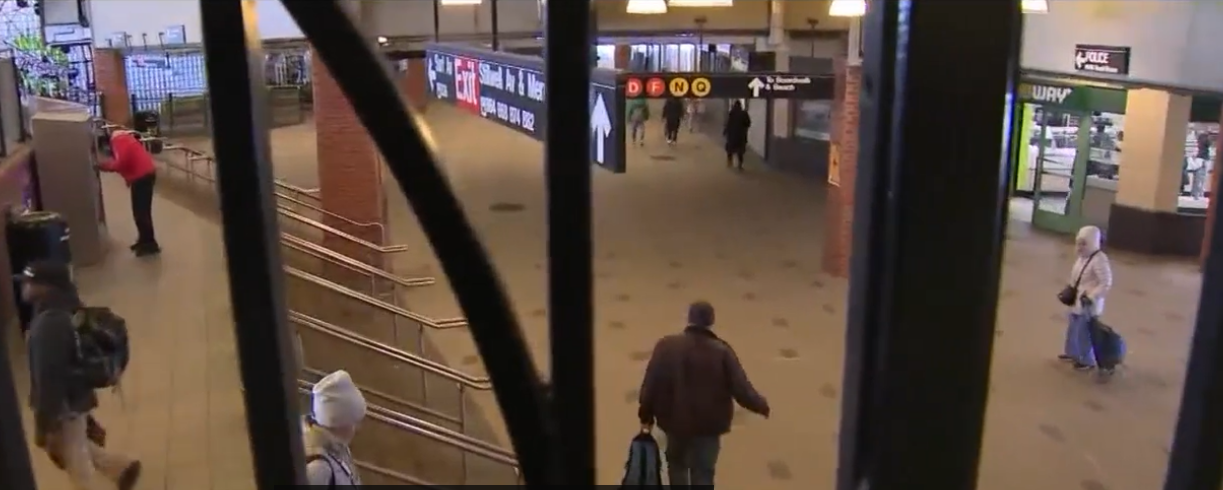Crystal Hudson.
Crystal Hudson is running to represent New York City’s 35 Council District, which covers Fort Greene, Clinton Hill, Prospect Heights, plus parts of Crown Heights and Bedford-Stuyvesant.
While this is her first-time seeking elected office, Hudson is not a newcomer to politics. She has served as a Deputy New York City Public Advocate and as chief-of-staff to Council-member Laurie Cumbo. Prior to entering the political realm, she was a marketing and advertising executive with WNBA and later Amtrak. Hudson was instrumental in forming Amtrak’s diversity and inclusion marketing campaign.
Now, Hudson is transitioning from the political background to the forefront. There are seven candidates in this race and Hudson is the person to beat. She has secured an impressive consortium of endorsements which include organized labor, community and civic engagement organizations, and current New York-based elected officials at all levels of government. Hudson’s platform is as diverse as her endorsements and she seems to have plans which touch every constituency group. Hudson discussed her vision, including a Black Agenda, with Black Star News.
A Brooklynite, born and raised, Hudson grew up in the council district she now seeks to represent. Hudson became interested in public service while serving as the primary care giver and advocate for her mother, Carole, who had Alzheimer’s disease. Carole succumbed to the disease in April 2021. Hudson experienced first-hand the difficultly of obtaining information and services to assist her mother. Now she is running for office to ensure that other families never encounter similar difficulties accessing information, resources, and services, she says.
Hudson’s website includes policy memos on everything from addressing violence and community safety to worker’s rights. Hudson is most passionate about education, housing, and senior citizens. Hudson believes that every child is entitled to an equal and equitable education. She would use her position as council-member to advocate for policies that expand access, and to combat segregation and systemic inequities. She believes that housing is a human right and that all New Yorkers should have a decent and affordable place to live.
Like many, Hudson has recommendations on decreasing homelessness, repairing the New York City Housing Authority (NYCHA), and expanding the number of deeply affordable housing units. Hudson wants to make the Uniform Land Use Review Procedure (ULURP) more transparent and equitable, specifically for communities of color. “Rezonings in our city have decimated communities across the five boroughs with little to no meaningful input from residents”, Hudson says.
Based on experience as a primary care giver, Hudson will be an advocate for senior citizens. She will recommend policies and budget allocations that increase access to resources, expand the Senior Citizen Rent Increase Exemption (SCRIE) and Disability Rent Increase Exemption (DRIE) programs, creation of a one-stop information portal, and a basic-income for unpaid caregivers.
Hudson’s Black Agenda is a series of policies to address issues rooted in systemic racism. “When Black New Yorkers thrive, all New Yorkers thrive”, she says. She accepts that a Black Agenda is not a cure-all, but rather a series of policy recommendations designed to address current systemic issues that disproportionately affect the Black community. Hudson’s policy recommendations are:
1. Put money directly in the hands of Black New Yorkers with baby bonds and a guaranteed paycheck.
2. Create a pipeline for non-law enforcement union jobs for Black New Yorkers.
3. Pilot a basic income program in zip codes with the highest rates of gun violence.
4. Launch a citywide truth and reconciliation process focused on race and reparations.
5. Build Black generational wealth and prevent displacement through community home ownership.
6. Create a city racial equity commission to evaluate every new policy and piece of legislation.
Hudson seems more like a mayoral or gubernatorial candidate than a potential City Council-member. Although, Hudson has a lot of policy recommendations, she would be one of 51 City Council-members and would need the buy-in of her colleagues to transform her policies into law. When asked how she would bring her colleagues along, Hudson responded she has already started. This year two-thirds of the City Council seats are up for election as their current occupants are subject to term limits. Hudson says she’s been engaging the remaining one-third members and establishing relationships with other potential council-members.
Presently the City’s annual budget is approximately $92 billion and it’s often said there’s not room in the budget to fund everything. Hudson’s funding mechanism for her policy proposals include directly appropriating funds, re-allocating agencies budgets to facilitate items in their purview, and taking advantage of federal and state resources.
The limitations of Hudson’s plans are not in the ideas themselves, but their dependence on multiple moving parts and maintenance of strategic partnerships. Any commitments she may receive from her colleagues in the Council could easily turn into rebuffs as powerful special interest groups lobby to maintain the status quo.
Securing the additional funds needed for her proposed programs may prove difficult based on the political will and climate. While Hudson is an idealist, she is not impractical. She realizes that not many of her policy recommendations will not be accepted, and some compromises would have to be made.
Hudson’s goal is to get New York City to be a more inclusive and equitable environment. She promised be the best possible advocate for City Council District 35.








